Hunting can be an adventurous and rewarding outdoor activity.
You can increase the adventurous level by bringing your dog into the picture.
However, bringing a dog to the hunt has its own set of challenges and issues. Keep the following points in mind before you bring your dog for hunting.
The Dog Should Have a Healthy Weight
Hunting season will be hard for any dog. It will be even more grueling for a canine that has had little physical activity for some time. Don’t let your dog gain an unhealthy amount of weight before the season.
Discover the golden days’ practice for getting all you can eat food without buying from the supermarket!
A dog that has been idle for a few months should not be taken to hunting.
A dog that has put on pounds of weight before the season is not fit for the hunt either. Watch its weight and adjust its portion of intakes diligently during the offseason.
The Dog Should Be Physically Fit
If your pooch is not habituated with running and jumping outdoors, you cannot expect him to be a good hunting dog. In the harsh weathers outside, the dog must be fit enough to run and bring the game.
You should not delay training your hunting companion to be physically fit. Start conditioning him for at least six months before the season begins. The fitter your dog is, the better he’ll be able to help you during the hunting season.
Don’t Forget to Visit the Vet
A vet will be able to find specific physical problems that might be bothering your dog. He can also ensure you whether your dog’s fit for hunting.
Your canine friend may need vaccinations from time to time. Vaccinations can protect him from various diseases. He has more risks of contracting diseases while hunting. So, it’s always best to consult a vet before taking him to a hunt.
Take Measures to Prevent Ticks/Fleas
If you have any plan to take your dog for hunting, it’s important to consider administering tick/flea preventives on him. Ticks/Fleas are a serious issue for dogs throughout the year. It can be a more irritating problem in forests or wooded areas.
A vet can give you proper advice on the preventives. They can be administered orally or topically. Some preventives are powerful enough to keep ticks/flea away for 12 weeks. Just a single dose is needed to be applied.
You can also use a flea collar to protect your dog from fleas and ticks. Not only they are affordable, but also very reliable.
Safety Gear Is a Must
This step is absolutely necessary to protect your pet from other hunters. He might mistakenly get into their path and get hurt. Buy a blaze orange vest for him.
The bright color will alarm the other hunters and ensure his safety. Also, invest in quality dog collars. Buy one with a built-in identification feature.
There is a risk that your canine companion may get lost during hunting. Consider implanting the dog with an identification microchip. This will ensure that you can find your dog in case the collar gets lost too.
Incorporate Obedience Training during Off Season
Your doggy should be able to respond to your commands effectively. There are multiple drills and training to polish obedience skills. Train your dog to sit in various positions. Also, practice whistling drills so that he can quickly react to your signals.
You can get a training collar to train your dog quickly and effectively.
Habituate Him with Both Land & Water
A lot of times the dog has to retrieve game from both land and water. It is a mistake to assume that the hunt will take place in either land or water. Your hunting partner needs to know how to get wet.
During the off-season, it’s essential that you train him to hunt in both land and water.
Train the Dog to Stay in Boat
Many hunters prefer hunting from boats. If your pooch is not habituated with a boat, then he’ll jump around which is not good for hunting.
The dog must have a good level of control sitting in the boat. He should be trained to stay in a spot assigned to him. With practice, he’ll get habituated more and more. Pretty soon he won’t feel uncomfortable in the boat.
Keep the Emergency Supplies Ready
During hunting, you need to periodically re-energize your pup. You can do this by providing him with high energy treats. This’ll make sure he doesn’t run out of glucose.
Sometimes dogs die of overheating. This happens mostly when dogs don’t receive adequate glucose.
Emergencies can happen any time during hunting. Your pet can get injured. It’s always wise to keep some supplies of gauze pads, wraps, and antibiotic ointments.
You should buy some tweezers and skin staples to treat any wound that might occur. These supplies will make sure there isn’t much blood loss or any chance of infection.
Keep the Post-Hunting Supplies Ready Too
You will need to deworm your dog after the hunting season is over. Often dogs get affected with intestinal worms during the hunting season. They usually contract these worms from wild animals.
Raccoon roundworms are a big problem in North America. Make sure you have the proper deworming medicines ready for your pup.
Conclusion
Hunting with your dog can be one of the most rewarding experiences as a dog owner. It builds up a great bond between you and your canine friend.
Dogs also enjoy outdoor activities such as hunting greatly. It helps them keep their senses sharp. It also keeps their instincts fresh and alert.
Just make sure you’re prepared properly for the season. Prepare your dog well during the off-season and keep all the supplies ready. Fully enjoy the hunting adventures without worries.


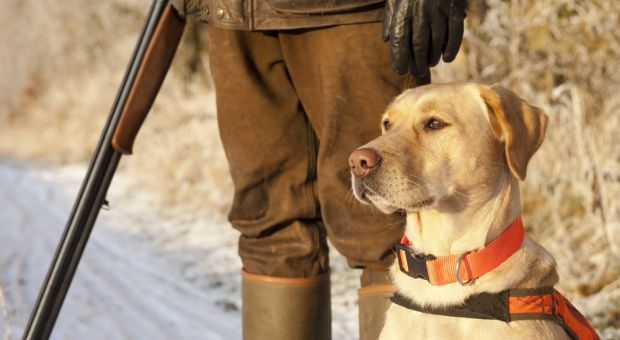

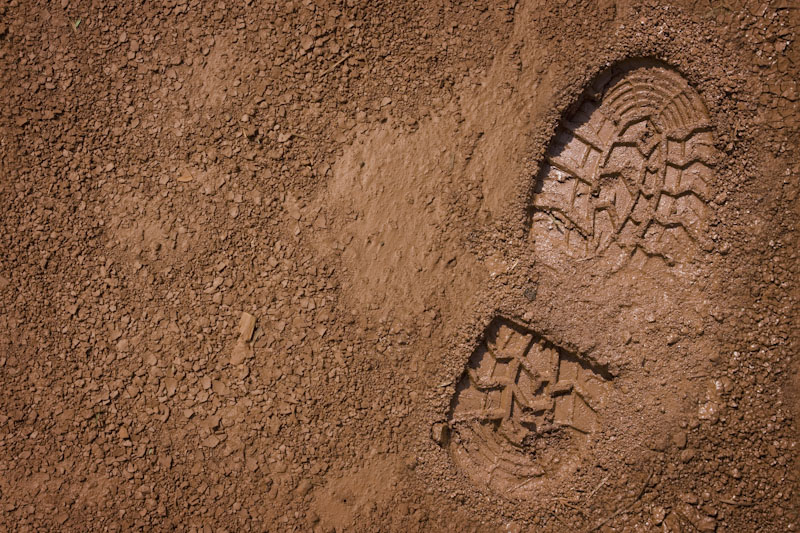
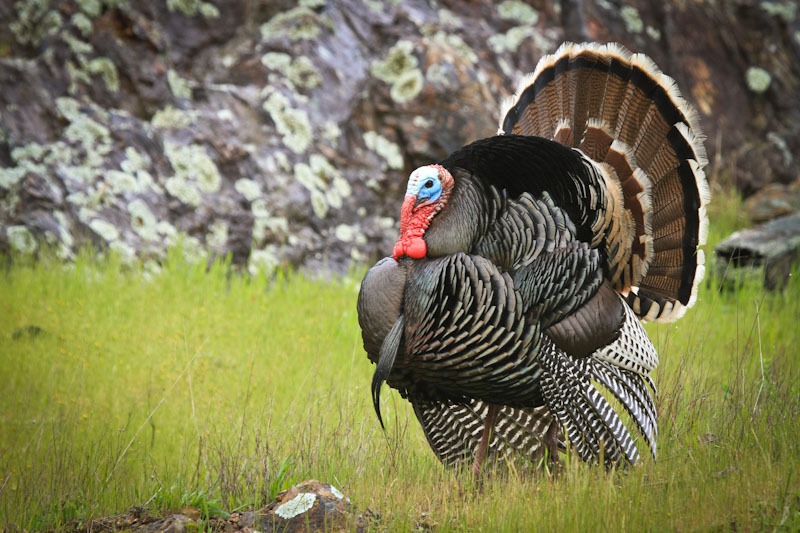
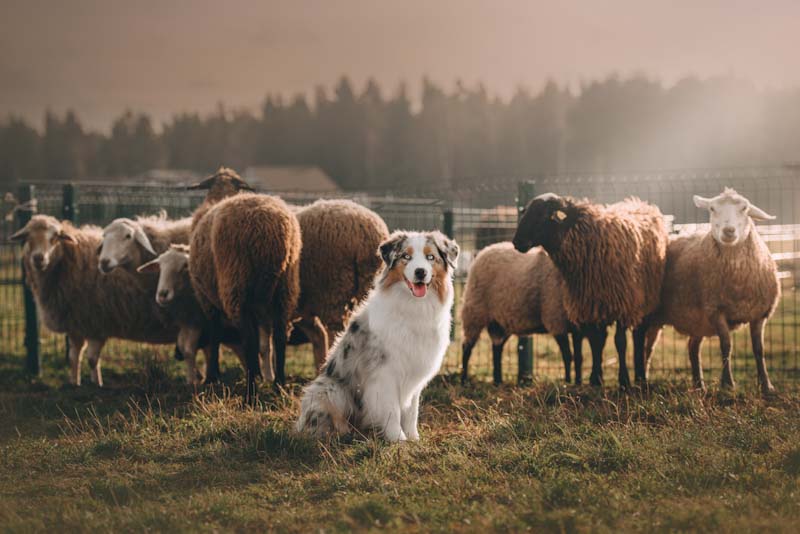
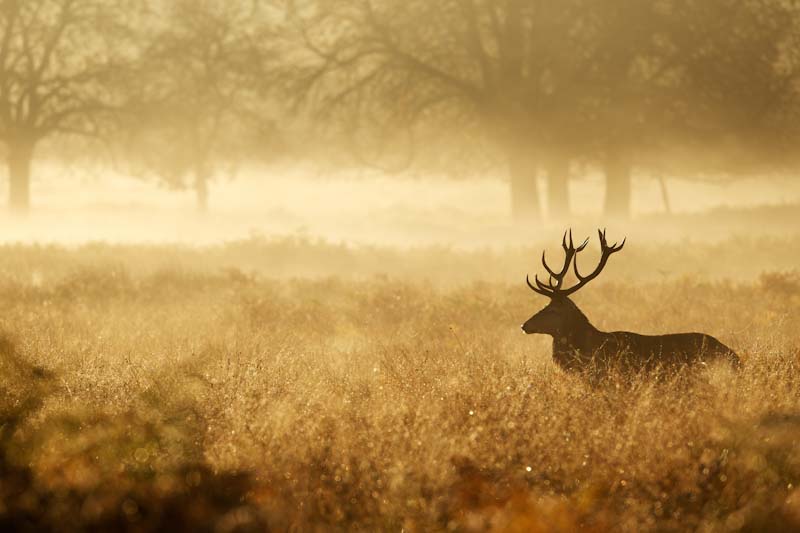

Bill in Idaho | September 13, 2018
|
Hey, Shawn. ANY Animal Lover is my Friend. It is obvious that you Really Care for your animal companions. Your suggestions and recommendations are Right for Anyone who has a Dog friend – whether a hunting dog, or just a Buddy. Dogs are truly a memorable part of your life. My K-9 Deputy friends are great and worthy examples – and so are You. Thank You ! !